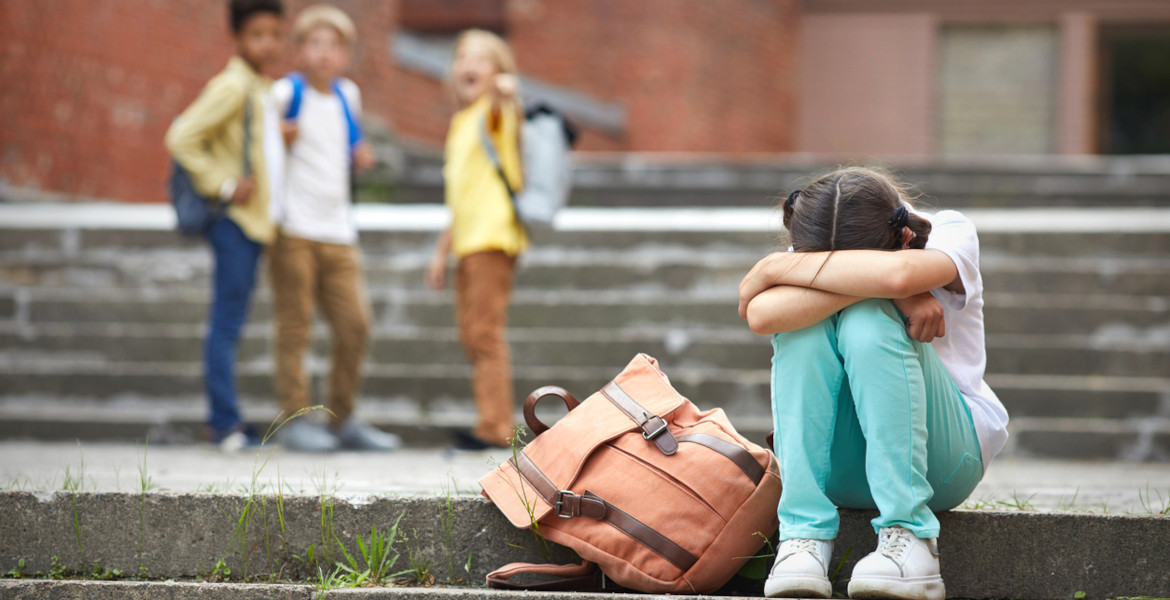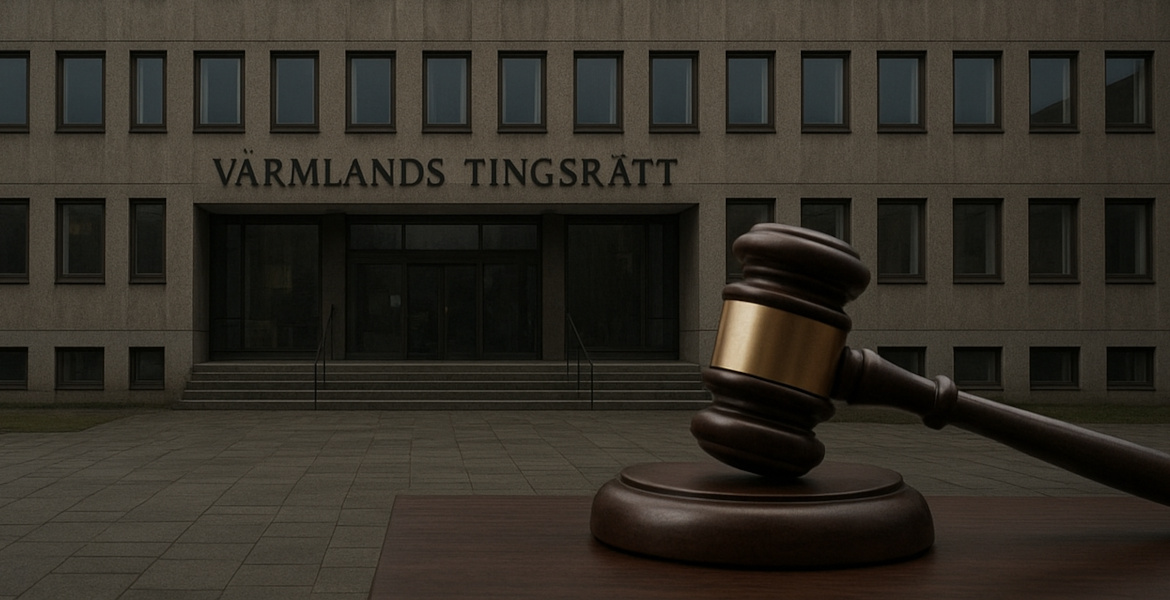Three students in every classroom are estimated to be victims of bullying, according to a new report from Friends, a Swedish anti-bullying organization. The organization is now raising the alarm that Sweden has the worst record in the Nordic region and argues that the government's school reform lacks the preventive measures needed to reverse the trend.
The new Friends report is based on a survey conducted by Novus during spring, in which 1,026 students aged 9-16 (grades 4-9) participated. The findings show that bullying continues to be a widespread problem in Swedish schools. Six out of ten students report having experienced some form of harassment, threats, or violence this year.
On average, three students per class are victims of bullying, and four out of ten do not feel comfortable at school. Although the majority of students believe that teachers take action against bullying, one in three still feel that adults turn a blind eye. One in four affected students also report that they lack a trusted adult at school.
According to Maja Frankel, secretary general of Friends, bullying in Sweden has doubled over the past decade.
— We have the worst record in the Nordic region. We don't prioritize children's rights highly enough. If we want to turn this around, schools need resources to invest time in prevention – before something happens, not when it's too late. That costs money. We need more trusted adults in schools, says Maja Frankel in Nyhetsmorgon, a Swedish morning news program.
Girls most affected
Girls are particularly affected, with one in six girls experiencing bullying compared to one in nine boys. There are also differences in how they are affected: girls are more exposed to relational bullying – such as social exclusion, spreading rumors, peer pressure, or harassment of a sexual nature. Boys are more exposed to physical violence.
The Swedish government is currently implementing one of the largest reforms in the country's education system in thirty years, but Friends argues that the proposals fall short and lack preventive measures.
— The proposals we're seeing right now are truly a betrayal of children. It's not about forcing safety through punishment or achieving better results through stricter measures. It's about protecting children and building warm, secure relationships, says Frankel.






